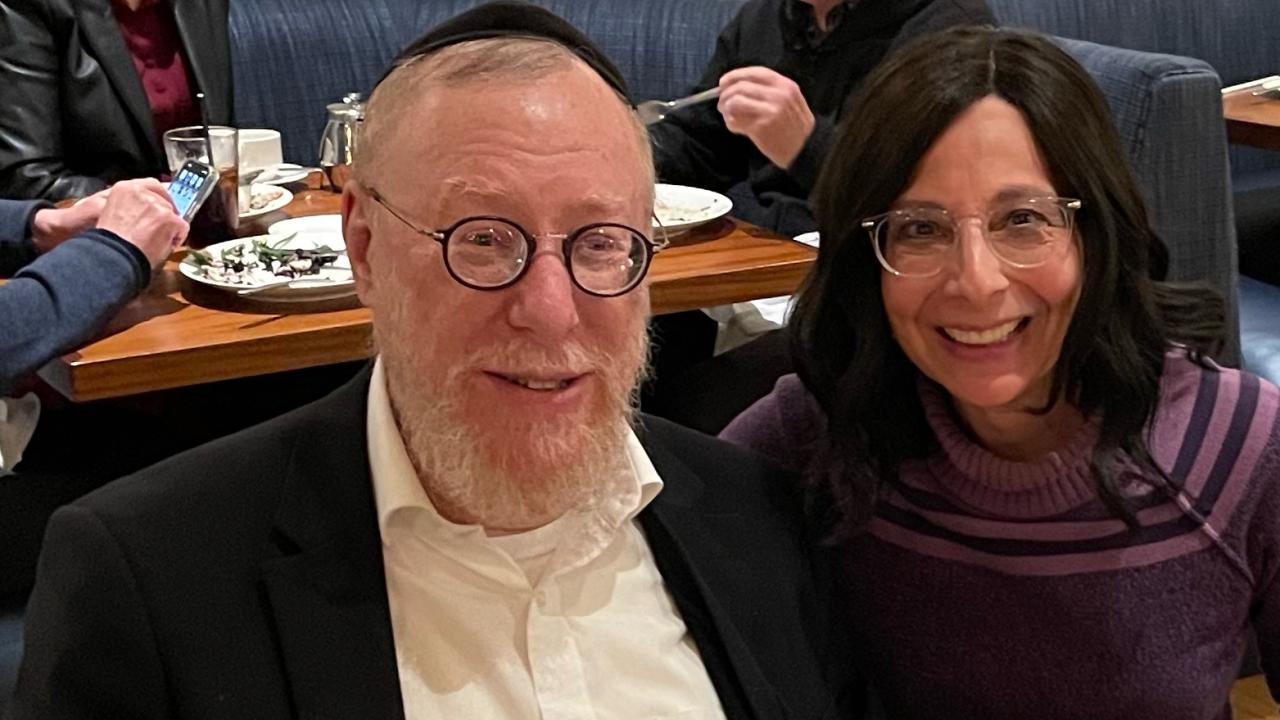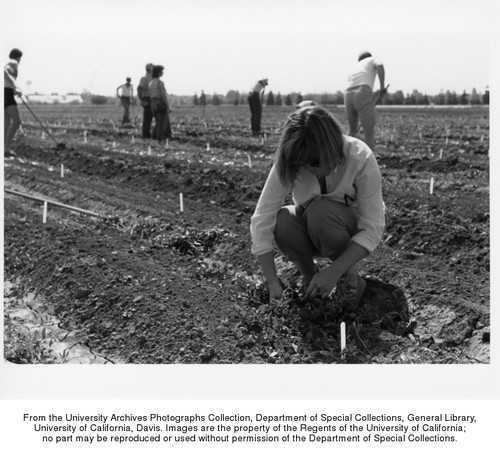
My 100: Joe Stolz, M.S. '78
In the 2025-2026 academic year, UC Davis Graduate Studies will celebrate 100 years of graduate education in Davis!
In the fall of 1925, the university’s first 12 graduate students came here to study agriculture. Over the last century, those dozen graduate students working in a single discipline transformed into a community of more than 7,000 graduate students from around the globe working across the arts, humanities and STEM fields and over 80,000 graduate alumni. It's a remarkable story of growth, discovery, innovation and leadership. But what does a century of graduate education look like? It looks like the work that each of our current and former graduate students are doing right now.
We interviewed Joe Stolz, M.S. '78, to talk more about his journey and share some of his graduate education experience.
Can you introduce yourself?
I'm Joe Stolz - a Los Angeles native who loves plants. I dreamed about doing something with plants and environmental management. Davis was my top choice of grad school and I received my M.S. in 1978 in Plant Physiology. My plan to go into environmental management halted when I wasn't accepted to the doctoral program at UCLA. I went to work in a firm that set up and maintained indoor plants at homes and businesses in LA. After a while, I shifted to computer engineering and, for the next 30+ years, worked at the top software houses doing quality engineering. I still love and grow plants! My current focus is on jungle cactus and providing Salesforce consulting to nonprofits.
What does graduate education mean to you? How would you describe the impact it has had on your life?
I learned a lot about my field, and I also learned how much I could rely on my own ability to delve into the journals for research. I can say that the confidence I gained stood me throughout my career as I taught myself innumerable techniques, languages and fields. As noted, the skills of doing research combined with confidence in my ability to synthesize and apply my research literally drove my career.

What made you want to pursue a graduate education and study plant physiology?
I developed a love of plants in my late teens. I went to UCLA just after they transferred their plant departments to Riverside. I never lost my thirst for knowledge about plants and how they work. I decided to continue in plant physiology to deepen my knowledge of the Kingdom. Though I did not continue to work in the field, I have consulted family and community members on many issues, drawing on my deep knowledge of botany. I have contacted UC extension agents, professors and others in the field researching mushroom growth, grafting of citrus and other topics. I am the go-to person for all issues agronomic in my community. The advent of the internet and its access to worldwide resources allowed me to understand so much more.
Next academic year we will celebrate 100 years of graduate education in Davis. Why do you think this milestone is so significant?
The UC system and the Land Grant Colleges have transformed agriculture beyond belief. The contributions that the UC made to agriculture, as well as all other fields, is immeasurable. Personally, 10, 50 or 100 years is not the significant factor — it is the contributions made leading to the growth and prosperity of mankind that is significant.
Cultivating Minds, Seeding Change
Current graduate students are encouraged to submit their own videos highlighting their scholarship and research through our "My 100" campaign to help Graduate Studies honor this centennial and showcase the impact of our graduate education community.
